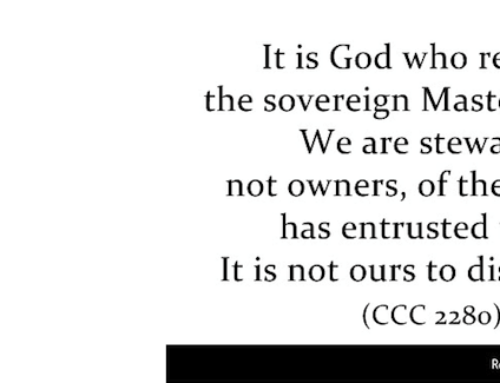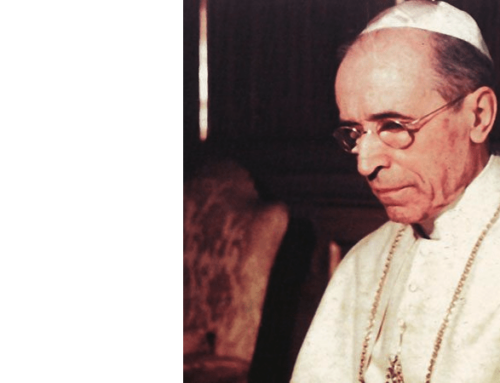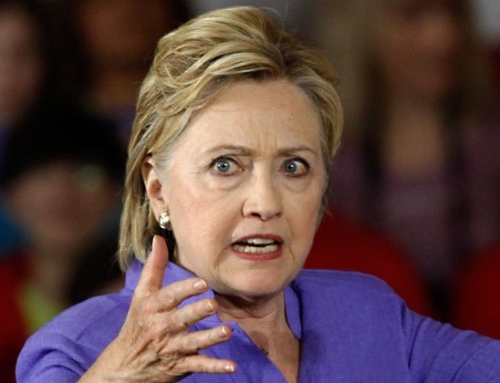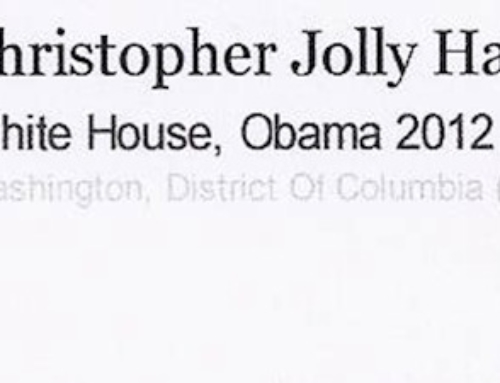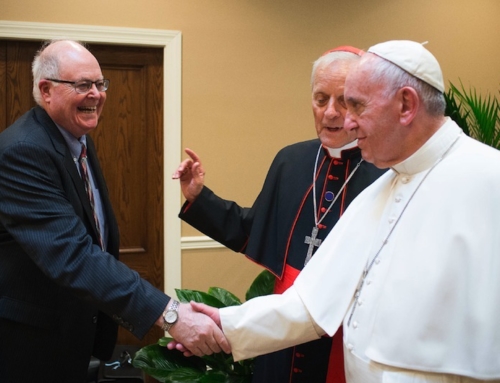No one who has ever run for president has generated more opposition, from both his own party and the media, than Donald Trump. Yet they have all failed to stop him.
The Republican elite lined up to promote Jeb Bush, and when Trump started to soar, they sought to bring him down. News reporters and pundits, on both the left and the right, ripped Trump, sometimes maliciously.
More than a few called his followers fascists.
It does not matter what may happen subsequently — he has already beaten the political and media elite.
A new poll offers great insight into Trump’s success, though it was not designed to address his candidacy. The survey by the Media Insight Project, a joint effort of the American Press Institute and the Associated Press, shows mass public distrust of politicians and the media.
It is precisely these two segments of the elite population that Trump has hammered away at, to great effect.
Respondents were asked to comment on how much confidence they have in various sectors of society.
The top five are
- The military.
- The scientific community.
- The Supreme Court.
- Organized religion.
- And, banks and financial institutions.
The two lowest are: the press and Congress.
Only 6 percent of Americans have a great deal of confidence in the press; the figure for the Congress is 4 percent. This survey only explored why the press is held in such low esteem. Even so, its findings shed light on Trump’s success.
Inaccurate reporting and media bias are the two most cited reasons why the public distrusts the press. To be specific, 85 percent say that accurate reporting is the most important indicator of trust, and nearly four in ten say they can recall a specific incident that caused them to lose trust in a news source.
Of those who have lost trust in the media, 25 percent say they have had a bad experience in which they have found the facts to be wrong, and another 26 percent say they have had a bad experience with one-sided reporting.
No wonder media bias against Trump has had little effect: the public distrusts those in the news business.
Moreover, he has deftly exploited this weakness by directly confronting media elites.
He has also called out Republican elites for “rigging the system,” a sentiment that is not hard to exploit given the low regard the public has for politicians.
We know from other surveys that this mass distrust has been building for some time.
A 1985 Pew Research Center survey found that 55 percent of Americans said that news organizations “get the facts straight.” In 2011, that figure dropped to 25 percent. In 1985, Pew found that 45 percent detected media bias, but in 2011 the figure was 63 percent.
What kind of bias did the public note?
In 2011, a Gallup poll found that by a margin of three-to-one, Americans said the media were biased in a liberal direction. The majority, 55 percent, also said they had “little or no trust” in the press.
In 2012, a Pew survey showed that a record high of 67 percent of Americans said they saw “a great deal” or a “fair amount” of “political bias” in the media.
More Republicans than Democrats felt this way.
How much does media bias count? In 2008, 2010, and 2012, Rasmussen surveys found that the public considers media bias to be a bigger problem than big campaign contributions.
Surely the media elite would not agree.
In 2009 Rasmussen found that 85 percent said they trust their own judgment more than the average reporter when it comes to important issues.
This factor alone tells us volumes.
No wonder the Trump bashers on the left and the right have gotten such little traction—the public has gotten use to tuning them out.
If anything, this shows that the average American is far more independent-minded than the chattering class would have us believe.
Trump did not create the public’s distrust of the political and media elite, but he sure tapped into it.
Call him lucky if you want, but Trump’s timing has proven to be near perfect.
Just ask Jeb Bush.
Dr. William Donohue is the president and CEO of the Catholic League for Religious and Civil Rights. The publisher of the Catholic League journal, Catalyst, Donohue is a former Bradley Resident Scholar at the Heritage Foundation and served for two decades on the board of directors of the National Association of Scholars. He is the author of six books, and the winner of several teaching awards and many awards from the Catholic community. Read more of his reports — Click Here Now.



